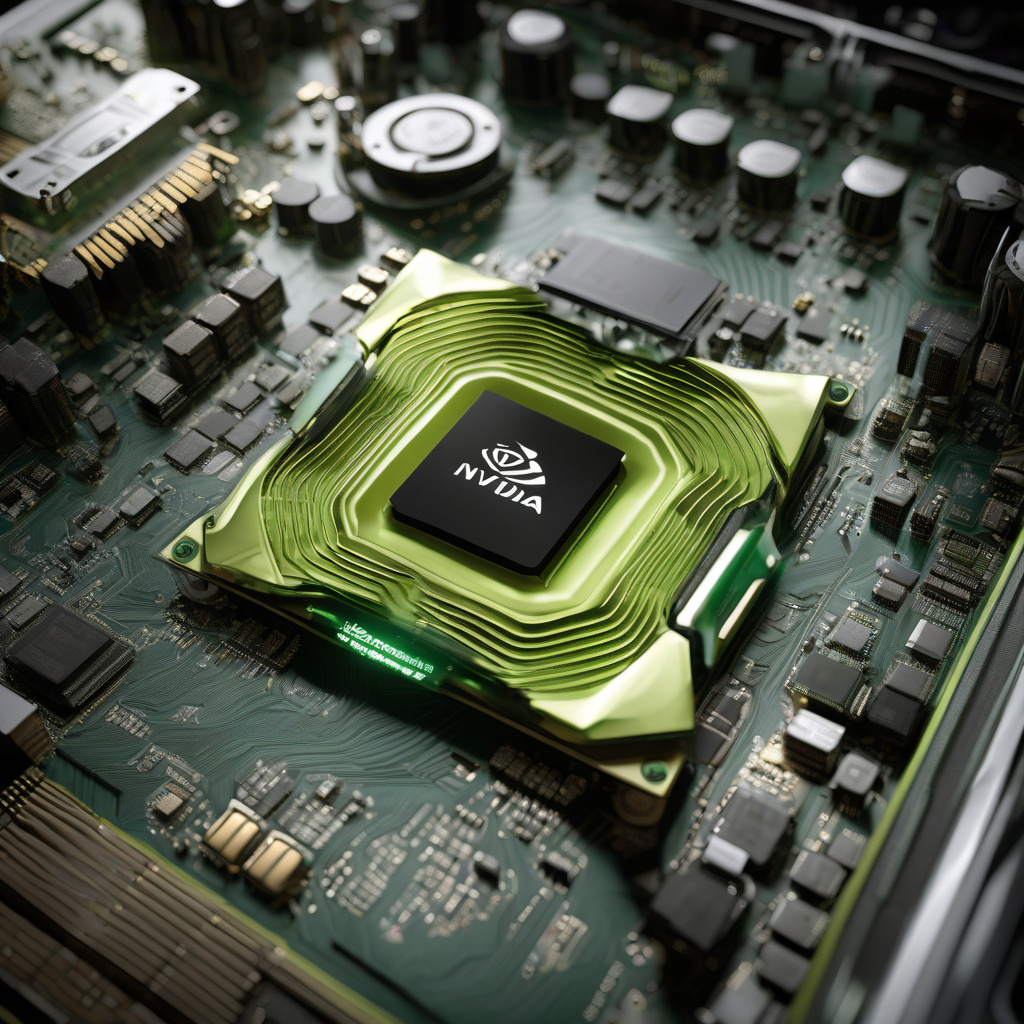In a recent development that has sent ripples through the tech industry, semiconductor powerhouse Nvidia finds itself navigating uncharted waters due to new U.S. export controls imposed on its H20 chips. The company disclosed this unforeseen challenge in a filing, revealing that it has been mandated by the U.S. government to obtain a license for exporting its H20 AI chips to China. This requirement is not a temporary hurdle; rather, it is stated to be a permanent fixture, adding a layer of complexity to Nvidia’s operations.
The imposition of these export controls underscores the intricate interplay between technology, geopolitics, and national security. The U.S. government’s decision to subject Nvidia’s H20 chips to such regulations reflects a broader trend of countries safeguarding sensitive technologies from falling into the wrong hands. As AI capabilities embedded in semiconductor chips become increasingly advanced, their potential dual-use applications raise concerns about unintended consequences if they end up in regions where their usage could pose risks.
For Nvidia, known for its cutting-edge innovations in AI and graphics processing, this development necessitates a strategic reassessment of its global supply chain and market reach. The requirement for a license to export H20 chips to China not only impacts the company’s revenue streams but also prompts a reevaluation of its relationships with key stakeholders in the region. This move by the U.S. government forces Nvidia to tread cautiously in a landscape where technology and trade regulations are becoming intertwined in unprecedented ways.
The implications of these export controls extend beyond Nvidia and reverberate throughout the tech sector. Companies involved in semiconductor manufacturing and AI development are now compelled to factor in geopolitical dynamics when planning their product distribution and expansion strategies. The ripple effects of such regulatory measures can potentially reshape the competitive landscape, influencing market dynamics and altering the trajectory of technological advancements.
Navigating this intricate terrain requires a delicate balance between compliance with regulatory requirements and sustaining business operations effectively. Nvidia’s response to this challenge will be closely watched as it sets a precedent for how tech firms adapt to evolving geopolitical realities. The company’s ability to navigate these choppy waters while maintaining its technological edge will be a litmus test for its resilience and adaptability in an era of heightened regulatory scrutiny.
As the dust settles on this latest development, the tech industry braces for further shifts in regulatory frameworks that could reshape the global tech landscape. The interplay between technology innovation, national security imperatives, and trade regulations underscores the complex tapestry within which tech companies must operate. Nvidia’s journey through this regulatory maze serves as a poignant reminder of the multifaceted challenges that tech giants face in an ever-changing geopolitical environment.

